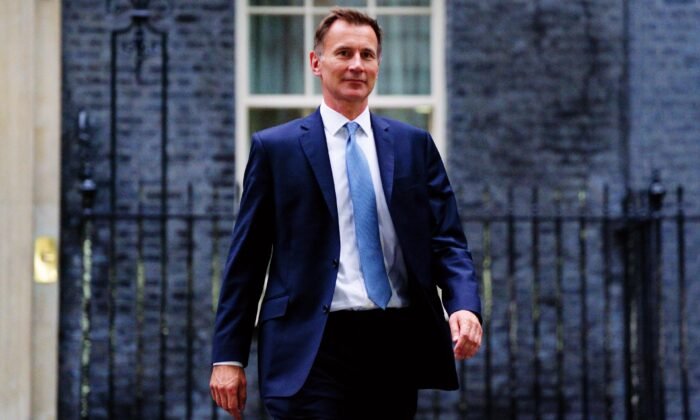ONS Reports UK Inflation Reaches Three-Year Low
The UK inflation rate decreased to 2.3 percent in April, although services inflation remained high, exceeding economists’ expectations.
Official figures show that UK inflation has reached its lowest level in almost three years, driven by a decline in gas and electricity prices.
On a monthly basis, the CPI rose by 0.3 percent, lower than the 1.2 percent increase seen in April of the previous year.
Both the CPIH and CPI annual rates saw a decrease due to falling gas and electricity prices. The CPIH stood at 3 percent in the year to April, down from 3.8 percent in the preceding twelve months.
While the CPIH rose by 0.5 percent, it was still lower compared to the 1.2 percent increase in April 2023.
The decrease in monthly rates of both CPIH and CPI was mainly attributed to the decline in gas and electricity prices, although rising motor fuel prices partially offset this easing of inflation as recorded by the ONS with a negative rate for the 14th consecutive month.
‘Major Moment’
When Prime Minister Sunak assumed office in October 2022, the inflation rate was at its peak of 11.1 percent.
One of the key priorities of the Conservative government has been to bring inflation back to the 2 percent target.
In response to the latest ONS report, Prime Minister Sunak described it as a “major moment for the economy.”
However, according to the Labour party, the government should be cautious in celebrating the decrease in inflation.
Shadow chancellor Rachel Reeves emphasized that prices are still high, mortgage bills are soaring, and taxes are at a seventy-year high.
BoE and IMF
Despite the drop in inflation to 2.3 percent, economists, polled by Reuters, had anticipated a larger decrease—to 2.1 percent. Services inflation also exceeded expectations, standing at 6 percent in the twelve months leading up to April.
The higher services inflation, combined with the increase in petrol prices, might postpone a decision by the Bank of England (BoE) to slash interest rates in the summer.
The upcoming meeting of the Monetary Policy Committee in June could see the bank refraining from lowering the base rate, which presently stands at a 16-year high of 5.25 percent.
“The trend of the last two years internationally will shift with UK’s lower inflation compared to the US and the Eurozone. This inflation projection supports our expectation of the bank reducing interest rates before the US [Federal Reserve] — potentially in June, but if not, then in August,” explained Paul Dales, Capital Economics’ chief UK economist.
The BoE previously projected that inflation would reach its 2 percent target in the second quarter of 2024 before rising again in the subsequent quarters.
Before reducing interest rates, the bank requires more convincing evidence of a sustainable decrease in inflation.
In its latest annual assessment of the UK, the International Monetary Fund (IMF) predicted an increase in inflation during the second half of the year as the effects of lower energy prices diminish.
A “stable” return to the 2 percent target is anticipated by early 2025, as per the IMF.
“With a faster-than-anticipated recovery in growth, the UK economy is nearing a soft landing following a minor technical recession in 2023,” stated the IMF.
The IMF also recommended an annual increase of 2 percent in spending on UK public services, along with proposing the introduction of new carbon taxes, road tolls, and expanding the VAT and inheritance tax bases.






